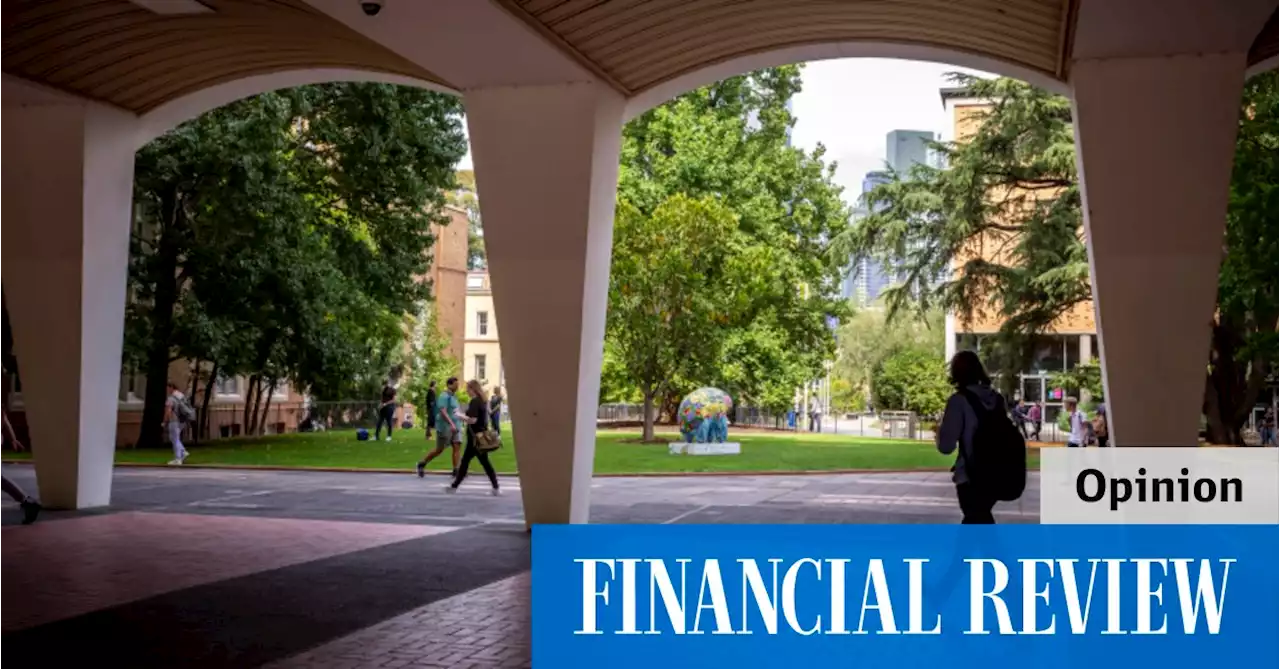Universities cannot stand back from skill shortages as if it is someone else’s business. To do so would be to let their communities and the Australian economy down.
Australia is at the start of a fundamentally challenging decade. We face uncertainty about the course of the pandemic, the aftermath of international disruption and economic recovery without confidence in the functioning of the domestic labour market.
We concluded that the university sector should rebuild its covenant with Australian communities, strengthening its alignment with societal aspirations and focusing on its contribution to economic recovery. This should focus the attention of government, and also create a path for better teaching and impactful research.
Equally, advanced manufacturing employers have been arguing that university science and engineering programs would produce much more employable graduates if their degrees had a more significant focus on providing practical skills learnt in the workplace. Australia needs a more confident approach to developing educational models that integrate knowledge-based and skills-focused strategies. We can point to examples of where universities are embracing this emerging agenda: short courses in blockchain technology, discussion of degree apprentices, and of a NSW Institute of Applied Technology.
Nevertheless, for some international markets postgraduate work rights remain a key factor in decision-making about choice of destination. And there are industry sectors that need both international and domestic graduates to be competitive.
